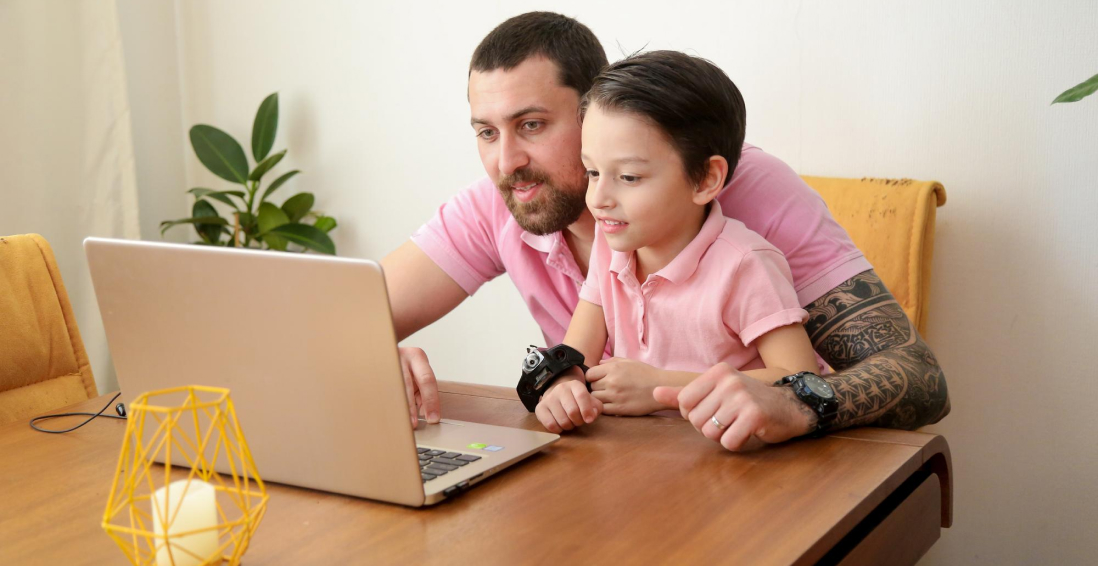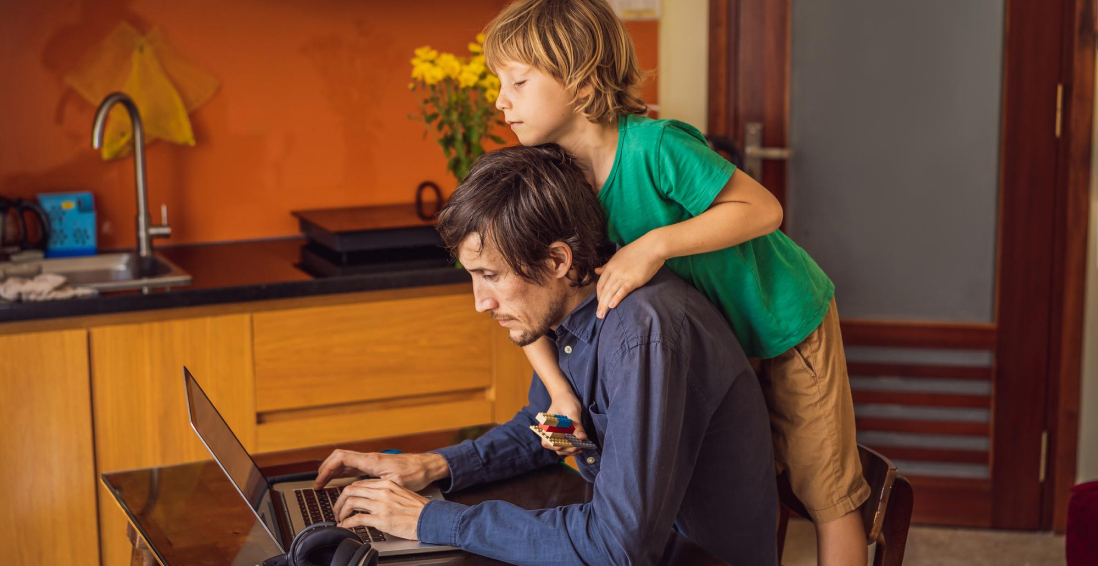The internet has reached nearly every part of the world. Studies show that one in every three kids in the United States, Europe, and other regions now uses the internet. Soon, the number of kids using the internet will continue to increase.
A recent study showed that kids in the West are begging to consider internet access as a basic right or necessity.
When used correctly, the internet is a good thing. It facilitates entertainment, offers learning opportunities, allows children to interact with their friends, and more. However, the internet is a double-edged sword.
On the flip side, it poses many threats to children, teens, and even adult users. Some of these threats include sexual harassment, sexting, invasion of the kids’ privacy, identity theft, and cyberbullying.
This is the main reason parents must monitor their children’s online activities. Your children trust you, and that’s your opportunity to talk to them about their online safety. Let them know that they can always turn to you whenever they sense danger online.
Generally, understanding what your kids and teens do online is essential when it comes to protecting them from internet-related threats. Here are three effective ways to ensure online safety for your kids and household.
1. Use An Encrypted Network At Home
Today’s home network includes a broad range of wireless devices such as phones, computers, smart TVs, IP Cameras, and other connected appliances.
Using a wireless connection requires an internet access point like a DSL modem or cable to a router (wireless). This sends a signal via air for as far as 100 feet. That means that the devices within range can access the internet via that signal.
Unless you take the right precautions, your neighbors and hackers nearby can access your network. They can ‘piggyback’ on that network and access data from your devices. In case an authorized person uses your household’s network to commit a crime, that activity will be traced to your account.
To address this issue, you must use encryption on your home’s wireless network. Encrypting the data you send over your home’s wireless network prevents nearby hackers from eavesdropping on your communications.
So, install a VPN router to ensure that all the traffic within your home’s network is encrypted. Also, a VPN router can successfully hide your IP address and encrypt other devices connected to it. This will block hackers from seeing your internet activity.
2. Keep All Your Devices’ OS Up-to-Date
Keeping your devices’ OS and other software up to date is an effective way of minimizing the risk of a security breach and malware infection. Most software updates include new features, security patches, and bug fixes.
Delaying or ignoring operating system updates exposes your home computers, phones, and other devices to internet security threats. Also, OS updates offer users new features and improved functionality.
Keep in mind that system updates are usually designed to protect users from various levels of cyberattacks. Ignoring them may prove critical to the overall functioning of your home devices. Sure, your children may not understand the importance of updating device systems. But you should always do it for them.
3. Install Parental Safety Software
Despite the AAP’s recommendation to choose and view online content with your kids, the advent of internet-connected devices has made it more challenging for parents to monitor and limit their kids’ online activities.
Today, children as young as nine years spend more than three hours daily accessing the internet, according to a recent study. These habits are likely to worsen, and this exposes your child to the dangers associated with various forms of internet content.
The chances are that you have already enacted robust protection features on your kids’ devices. However, you need to download and install parental control software.
This will help you monitor what your children are doing online. You will be able to know when your kid is being bullied or introduced to content that they shouldn’t be accessing.
There might be times when your teenagers might start getting into the rebellious part of their life. Everything you say to them might be taken in the opposite manner. This rebellious behavior has the potential of impairing their judgment and falling prey to online predators that can scar them physically and emotionally.
Using parental safety software can ensure that you are keeping track of who your child is talking and interacting with. If you want information, read more here.
Talk To Them About Online Safety
One of the best ways to protect your children online is by having an open and honest conversation about internet safety. Kids are curious, and while they might know how to navigate the digital world, they may not understand the dangers lurking around the corner.
That’s where you come in!
It’s important to talk to them and set clear expectations for their online behavior.
Explain The Risks
Start by explaining the risks, but don’t overwhelm them with too much information at once.
Break it down into things they can understand—like how some people online pretend to be someone they’re not or how sharing personal information can lead to trouble.
Ask them questions:
What do they already know about the dangers?
How do they feel when someone they don’t know tries to talk to them online?
This helps create a two-way conversation instead of a lecture.
Encourage Open Communication
Encourage your children to come to you whenever they encounter something that makes them uncomfortable. Let them know it’s okay to talk about anything, even if they’ve made a mistake online.
Building trust is crucial here. If they feel safe talking to you, they’ll be more likely to share when something goes wrong.
Set Clear Boundaries
Set boundaries for screen time and the types of websites or apps they can use. But instead of just telling them what not to do, explain why certain websites or interactions can be dangerous.
For younger kids, simple rules like “Don’t talk to strangers” or “Ask me before downloading anything” are easy to follow.
For older teens, focus more on the long-term consequences of risky behavior, like sharing inappropriate photos or chatting with strangers.
Lead By Example
Another great way to encourage safe internet habits is by leading by example. Show them how you protect your own privacy online.
Like using strong passwords, avoiding suspicious links, or turning off location services on apps. Kids are always watching and learning from what you do!
Create A Family Agreement
It’s also a good idea to create a family agreement for online use. This can be a simple list of rules everyone agrees to follow, from limiting screen time to being respectful in online interactions.
Make it a fun activity where everyone gets to contribute their ideas, so it doesn’t feel like just another set of rules imposed by the parents.
Today’s parents are raising a new generation of techie children. Teens text to communicate while toddlers are using tablets and iPads. It is the duty of the parents to ensure that their children are not exposed to internet threats.
Read Also:


























